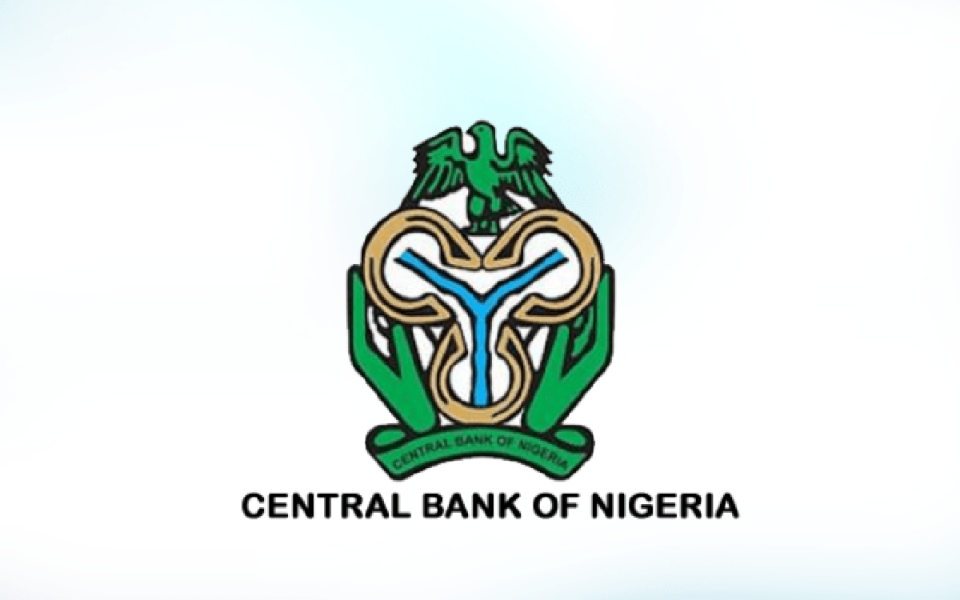The Federal Government through the Central Bank of Nigeria (CBN) spent a princely sum of $11.24billion in seven months (January to July 2022) to stabilise the value of the naira.
This was obtained in the banking regulator’s monthly economic reports on foreign exchange market developments according to report by The Punch.
The banking regulator’s monthly economic reports report showed that $7.6billion was used to stabilise the naira in the first five months of the year.
It said: “Total foreign exchange sales to authorised dealers by the Bank were $1.75billion in July, a decrease of 15.4 per cent relative to $2.07billion in June. A breakdown shows that foreign exchange sales at the interbank/invisible window and matured swaps decreased by 22.0 per cent and 59.1 per cent, respectively, to $0.13billion and $0.27billion, below their respective levels in the preceding month.
“In contrast, FX sales at Investors and Exporters, Secondary Market Intervention Sales and Small and Medium Enterprises windows rose by 5.8 per cent, 0.6 per cent and 65.7 per cent, respectively, to $0.44billion, $0.72billion, and $0.19billion, compared to their levels in June.”
In earlier report, the CBN said it had intervened in the markets with $1.65billion, $1.39billion and $1.82billion in January, February and March, while the interventions were $1.56billion and $1.18billion in April and May respectively.
“Total foreign exchange sales to authorised dealers by the bank were $1.18bn, a decrease of 24.4 per cent, below $1.56bn in April.
“A breakdown shows that foreign exchange sales at the Investors and Exporters and interbank/invisible windows decreased by 37.9 per cent and 0.7 per cent to $0.16bn apiece, below their respective levels in the preceding month.
“Similarly, SMIS and matured swap contracts fell by 7.0 per cent and 71.4 pto er cent to $0.64bn and $0.10bn, respectively, compared to the amounts in April. However, foreign exchange sales at the Small and Medium Enterprises window rose by 8.4 per cent to $0.12bn in the review period,” the report added.
The CBN has been intervening in the foreign exchange market to stabilise the economy and respond to a growing demand in the market.
Nigeria is mainly an import-dependent country, which makes demand for dollars to import inputs and buy finished products high.




